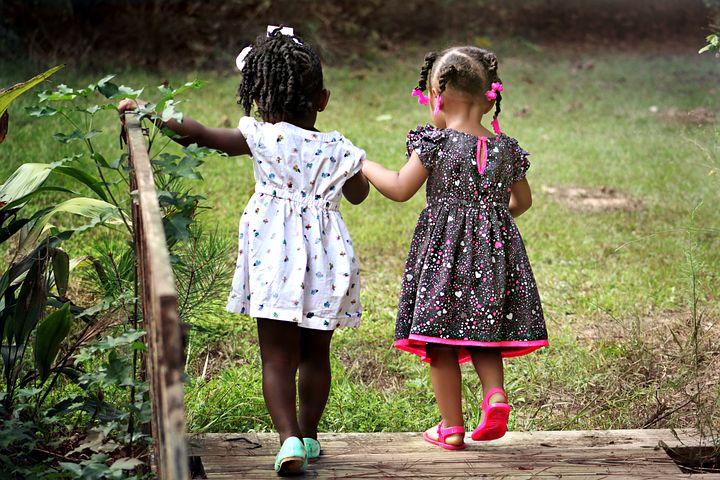
Being a parent is an incredibly rewarding experience. Yes, it’s hard work as you are responsible for young lives for many, many years, and these times will be full of joys and sorrows, happiness and heartbreak.
There will be so many good moments but some troubling ones as well, perhaps none more so than how to break the news that a loved family member has passed away. Death is never an easy subject to bring up, but sometimes you don’t have an option. So how do you tell a child about a death in the family?
Some ground rules
Children are remarkably resilient but they also know if they’re not being told the whole truth. In most cases the whole truth is far better than a version of the truth because that often opens up questions that you are uncomfortable answering.
Decide what words to use to explain to your child. Discussing things with a professional or a relative can be useful in focusing the mind. You may well be in a state of shock yourself but always try to put the child first.
Find a private place to talk to the child so you are unlikely to be interrupted. You need some time alone together in a space where you can sit closely together or let the child sit on your lap. Check how much is already known or surmised. Children are very susceptible to atmosphere and situations so it’s useful to explore this.
When explaining that a family member has died, don’t use euphemisms that may cause fear or uncertainty. Use simple and truthful words so there is no confusion in a child’s mind.
When you’ve talked, discussed, gone over things again, older children may well ask about a funeral so you have chance to talk about arrangements. It’s often the case that people use cremation services for members of the immediate family and later have a service of thanksgiving, either religious or secular, for a final goodbye.
Guidance for breaking bad news
Children of different ages will react and understand differently so consider how you can approach this.
- Under 5s: you’ll need to help them understand that the dead person will not come back. Younger children may find it difficult to comprehend what death really means and their reactions may not be what you expect.
- Between 5 and 11: at these ages, especially as they get to the older stage, children have begun to understand the permanence of death. They may worry about their own mortality and want to know more about the practicalities that surround death. Make sure you reinforce facts as often as you feel you need to.
- Adolescents: they often understand the inevitability of death, especially in older teen years. Expect questions and challenges and remember they have their own adolescent problems to deal with as well.
There is no guaranteed right or wrong way to explain the death of a family member. Be patient, thoughtful and mindful that you need to be sensitive to a child’s needs but remaining honest with what you say.

